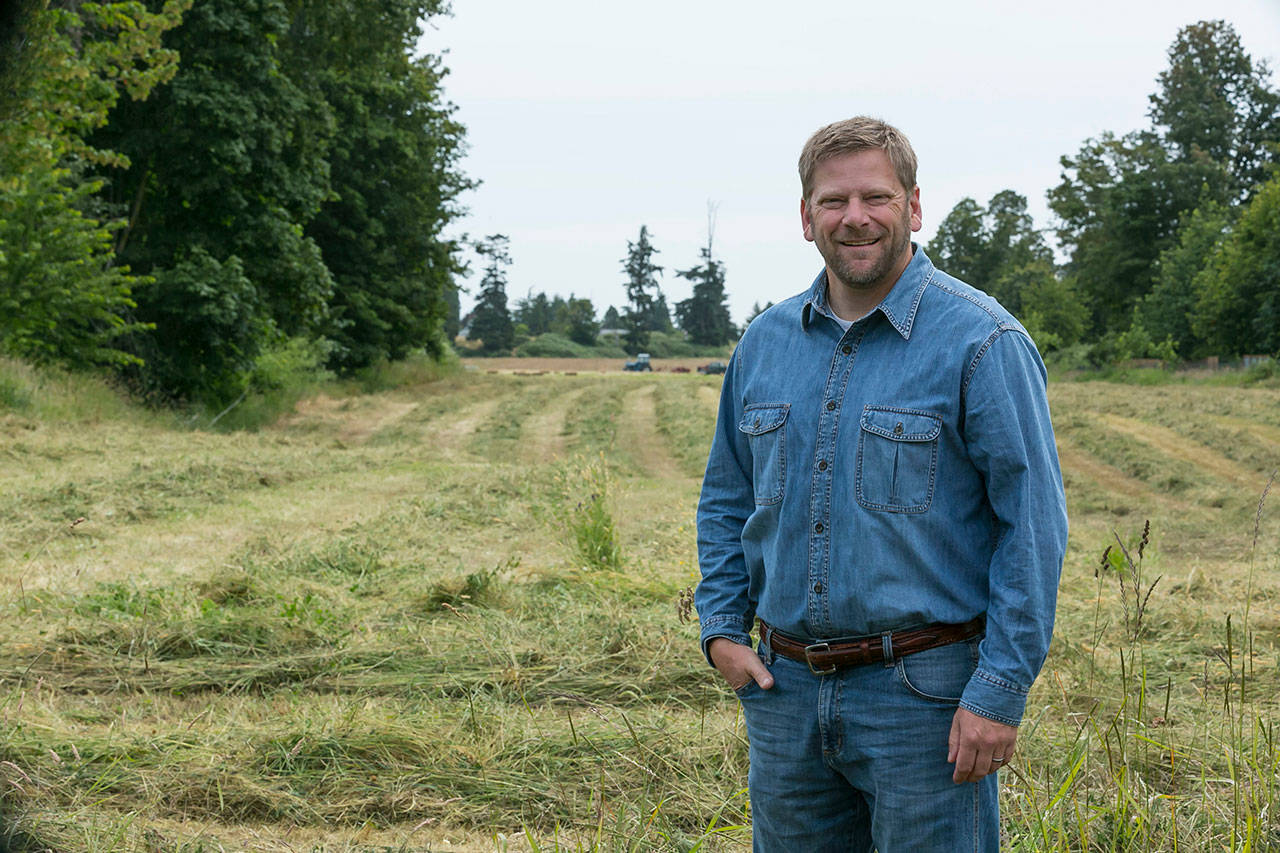Mike Chapman is running for re-election as a representative for the state’s 24th District. The Daily World sent the following questions to all of the candidates for state representative. Here are Chapman’s responses.
Please briefly describe your professional or personal qualifications for the job:
I served as Clallam County Commissioner from 2001-2016. I hold an associate of science degree from Shoreline College, a bachelor’s degree in organizational management from Northwest College and a master’s degree in leadership from Duquesne University. I also had a 10-year career as a police officer and sergeant and as a U.S. Customs inspector.
Your occupation: State Representative (Democrat)
Some rural school districts say the funding mechanism that provided money for teacher raises will leave less money for districts to pay for the same programs they have had in the past. What, if anything, should the Legislature do about that?
The Legislature has invested $4.6 billion into the state’s K-12 system in the last four years with an additional $8.4 billion through 2021. I believe most if not all school districts are receiving more money from the state as required by the Supreme Court. Additionally, in 2018, we added another $1 billion in early learning and post-secondary education. The court has determined that the Legislature has finally and fully complied with the requirement to fund basic education.
I do not believe the Legislature is done funding education. What I hear across the district is that jobs are going unfilled because employers can’t find enough trained workers. That’s why I sponsored and worked so hard to see House Bill 2177 signed into law to help students receive private/public scholarships for rural job skills training in local colleges. I am committed to supporting further job skills training programs. As most of us agree, not every student needs to go to a four-year college, but every high school graduate needs the skills to attain a job. That should be our educational focus moving forward as a Legislature.
Homelessness has become a universal problem and solutions seem beyond local communities. What should the state do to address homelessness?
Washington invests in affordable housing projects through the Housing Trust Fund. This investment is matched by federal, local and private sources. The majority of those who live in homes supported by the Housing Trust Fund often earn less than $20,000 a year. We know that these investments reduce poverty, homelessness and unemployment. The Housing Trust Fund helps many households buy their first home by providing matching funds for down payments. When the state invests in the Housing Trust Fund we create affordable housing for veterans, people with disabilities, seniors, homeless youth, low-income workers, young families and many others. In the current biennium (2017-2019) the state investment is $107 million. For the next biennium, I will support an even larger investment, especially for rural communities hit the hardest by homelessness, like Grays Harbor County.
Rural communities struggle with a shortage of doctors. What can the state do to narrow the gap between rural and urban-area health care?
Rural Washington faces challenges to making quality health care affordable, accessible and reliable for its residents. I support increased Medicaid reimbursement rates for rural hospitals and doctors to ensure that constituents have access to the health care they need. We also must grow private sector jobs and provide incentives for employers to provide health insurance. I believe health insurance costs should be an allowable B&O tax deduction for businesses. I’ve talked with many business owners in our district, and they have said that allowing for the deduction of medical insurance costs would help them provide health care to their employees. In the 2018 legislative session, I secured funding to increase the Medicaid reimbursement rate for pediatricians in rural communities like Grays Harbor. This funding will continue to ensure that families will have access to local doctors.


